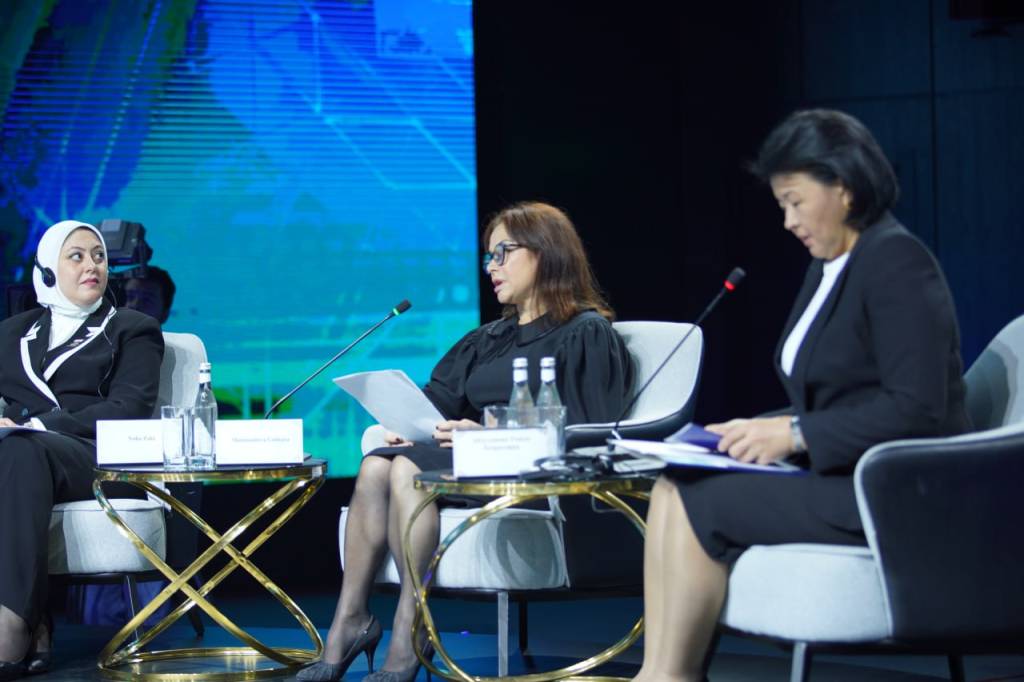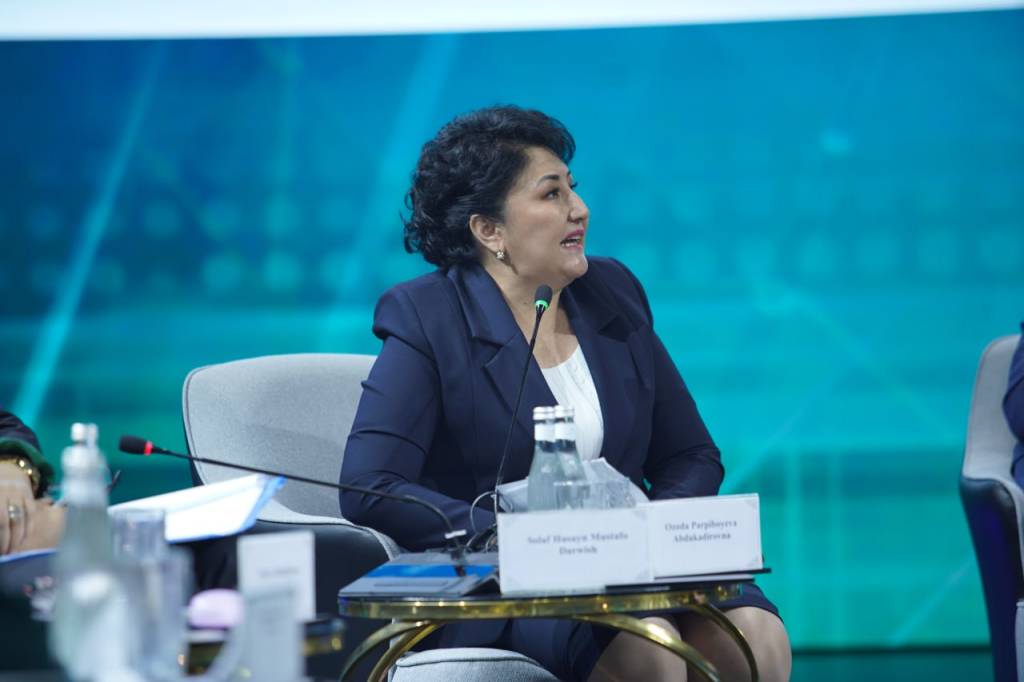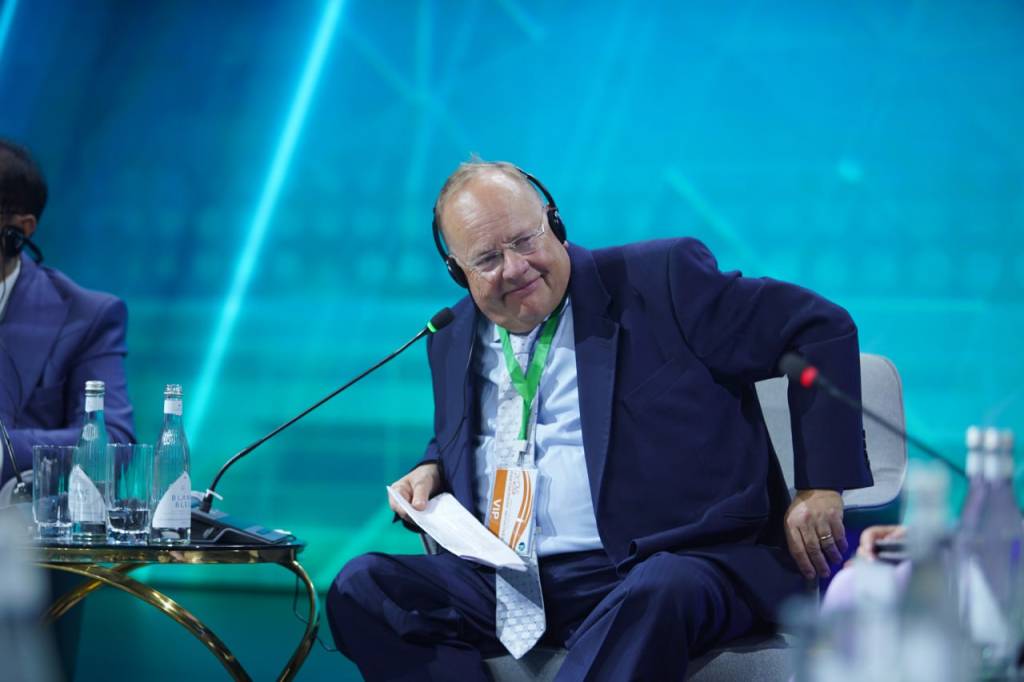
Tashkent hosted an event “New Uzbekistan: Gender Equality Policy”.
It was attended by representatives of prestigious international organizations and foreign countries.

The main goal is to present to the international community the activities carried out in Uzbekistan to realize women’s opportunities and potential, expand their participation in the economy, and strengthen their role in state and public administration.
A dialogue between foreign and domestic experts and analysts took place. They discussed democratic reforms in Uzbekistan, achievements, and current challenges for the future.

The participants focused on ensuring women’s access to quality education, science, and digital technologies. New initiatives have been proposed to ensure gender equality, increase women’s socio-political activity, direct the abilities of talented young women, protect the environment, and promote a green economy.
Motherhood and childhood protection and improvement of medical and social services for women have also become essential topics of discussion. The proposals on the provision of socio-legal and psychological assistance to women and the improvement of state social services based on the processes of digital transformation were considered.
M.Khojiakbarova, UzA








